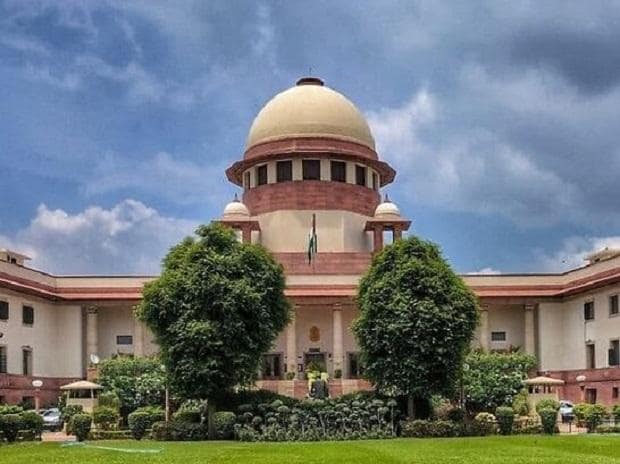[ad_1]
The Supreme Court on Thursday told the Centre not to allow planting genetically modified (GM) mustard until the next hearing on the matter on November 10.
The Centre told the court it needed time — till Monday — to put the latest facts on record.
The court’s direction could come in the way of the early sowing of GM mustard this rabi season because the ideal planting time closes in 10-15 days.
The Bench of Justice Dinesh Maheshwari and Justice Sudhanshu Dhulia said the petitioners had pointed out the crop was hazardous.
Advocate Prashant Bhushan, appearing for petitioner Aruna Rodrigues, said the court-appointed Technical Expert Committee (TEC) had advised against using any herbicide-tolerant crop.
“It also said the regulatory system in India is in a shambles and needed to be revamped,” he said.
Bhushan said the shoring up of the system needed at least 10 years.
“During this time there should be a moratorium on any kind of environmental release of GM varieties. A Parliamentary Committee Report of 2017 had said the same thing,” he said.
The plea stated modified seeds could contaminate non-GM mustard crops and the sowing of such seeds should be put on hold.
The petition cited the reasons for not using herbicide-tolerant (HT) crops, the first being that such crops had led to the emergence of superweeds, seen in Canada and the US.
“In the US alone, superweeds were estimated to occupy an area of over 24 million hectares as of 2012. For India, it will be disastrous with our small farm holdings.”
The plea said a lot of women employed for weeding would not get any alternative work if such crops were introduced.
The petition said the TEC recommendations asked for a ban on HT crops.
It also said the contamination caused by mustard HT DMH 11 and its HT parents would be “irremediable and irreversible”.
“The contamination of our seed stock and germplasm as will happen with mustard HT DMH 11 and its HT parents will be irremediable and irreversible making our food toxic at the molecular level without recourse,” the plea said.
Talking to Business Standard, Minister for Environment, Forest, and Climate Change Bhupender Yadav said: “The court has not banned GM mustard but has only given the next date for hearing the matter. We will file a detailed response in this regard.”
Scientists of the National Academy of Agricultural Sciences (NAAS) and Trust for Advancement of Agricultural Sciences (TAAS), the bodies representing the country’s top agricultural scientists, in a recent press briefing said at present around 10 kg of the mother DMH-11 seed was available. Of that around 2 kg has been sourced by the Directorate of Rapeseed and Mustard, which is under the Indian Council of Agricultural Research, in Bharatpur.
“The window for mustard planting for the ongoing rabi season will close in next 10-15 days. Therefore, things will have to move fast from here onwards,” T Mohapatra, president of the NAAS, had told reporters.
He had said if things moved according to plan, in less than three years GM mustard would be available for commercial use.

[ad_2]
Source link



